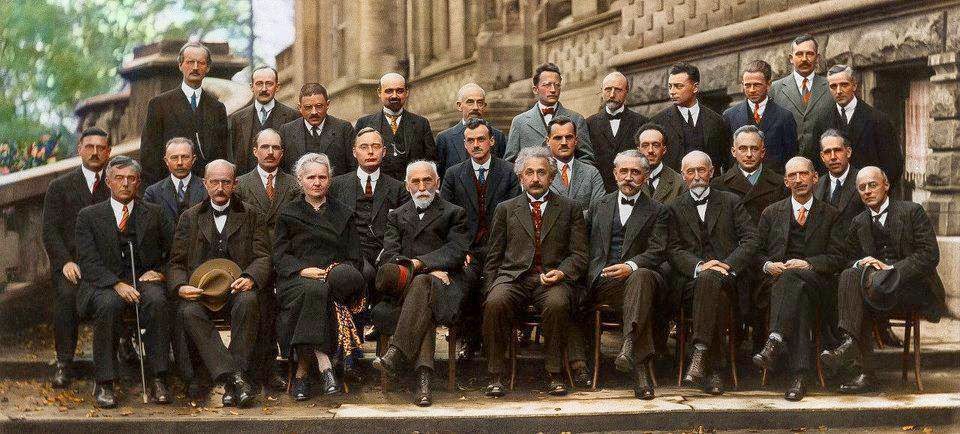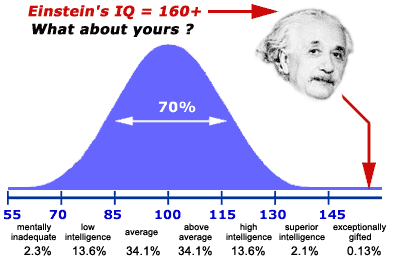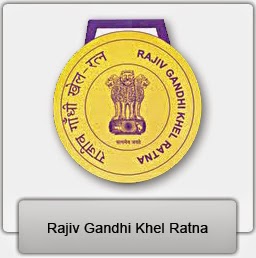Human intelligence is not only difficult to measure; it’s also difficult to define. Human intelligence is shaped by both internal genetic factors and external environmental circumstances.
Both sociocultural and biological influences in the environment, from stress and nutrition to the family unit, affect the development of human intelligence. Biological influences act on the physical body, while sociocultural influences shape the mind and behavior of an individual.
Environmental factors, such as the diet we eat, and even the neighborhood we choose to live in — be it dangerous or safe — all influence how genes are expressed in our lives. Everything from what we eat to where we live can also affect human intelligence.
Read Also: Activities for Improving Child’s Intelligence
Human Intelligence Quotient (IQ)
Intelligence — our potential for learning, understanding and reasoning — that’s affected by birth order, but rather our IQ (intelligence quotient). IQ tests measure our intelligence aptitude and compare us to our peers. Firstborn children, on average, score three points higher on IQ tests than their closest, next-born siblings.
The term “nature” refers to how genetics and heritability influence our intelligence, and “nurture” describes how certain environmental factors affect our intelligence. These factors include everything from our family’s parenting style and home environment to how we’re educated and the experiences we have throughout our lives. A quality education and life experiences may enable you to turn an average IQ into a great one over a lifetime.
Prenatal and early nutrition are linked to brain structure, behavior and, yes, intelligence. The greater nutrition in the foods we eat, in the weeks just after birth, the greater the size of the caudate — that’s the part of our brain that specializes in learning and memory — and the greater our verbal IQ scores. And the effects also seem to apply to babies whose prenatal diets were rich in long-chain polyunsaturated fatty acids, such as DHA (docosahexaenoic acid).
The natural genetic make-up of the body interacts with the environment from the moment of conception. While extreme genetic or environmental conditions can predominate behavior in some rare cases, such as the inability of a mute person to speak regardless of their environment, these two factors generally work together to produce a human intelligence level. They are so intertwined that it remains difficult to determine which influence holds the supreme position in shaping human intelligence.
Must Read:
Scientists and Inventors
Peoples Who Changed the World


















